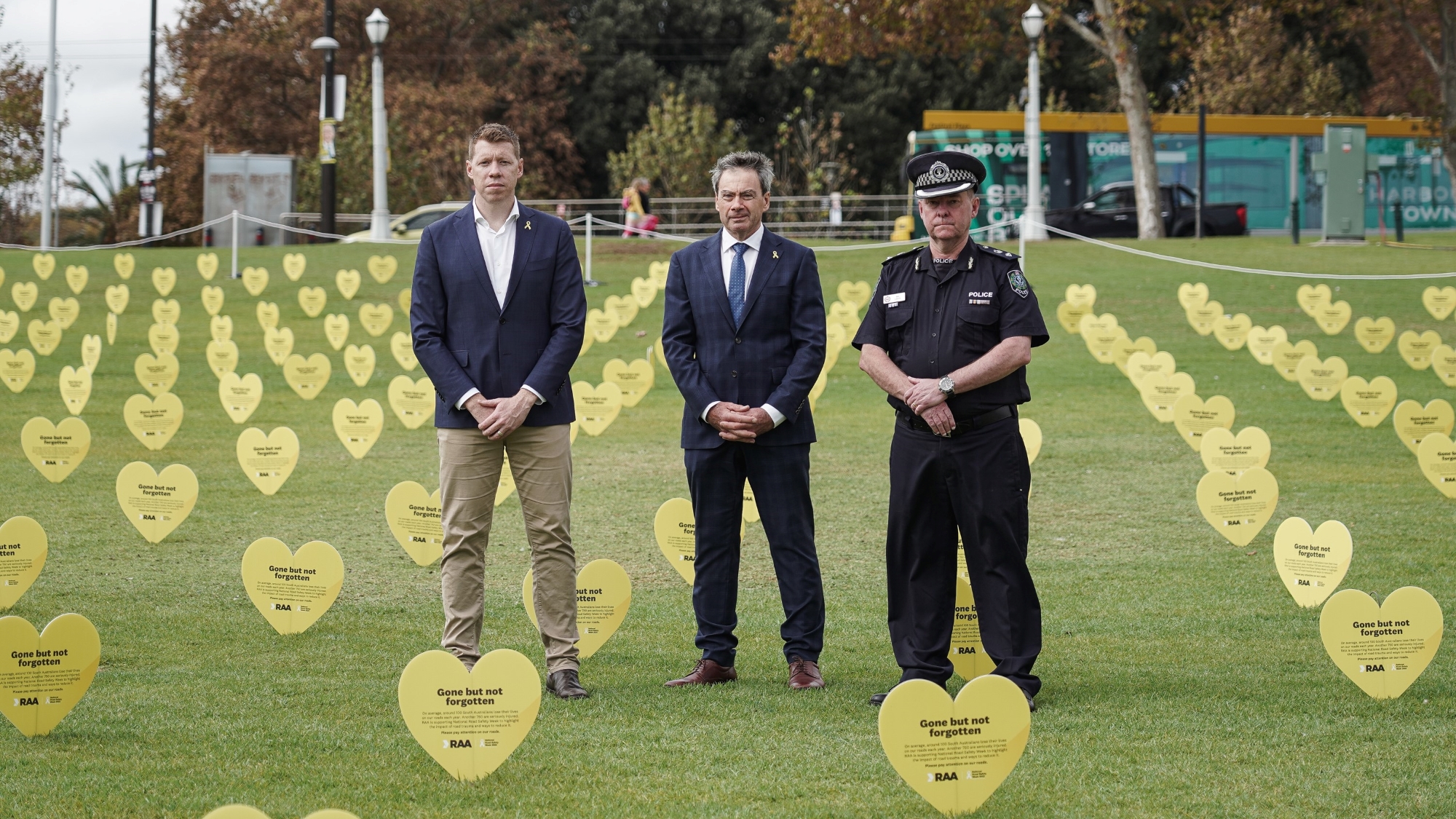
 visit raa.com.au
visit raa.com.au
Twenty years ago today, South Australia’s default urban speed limit was changed from 60 to 50km/hr. Crash data analysed by RAA has now revealed the move has contributed to a 36 per cent drop in road trauma.
In the five years prior to the default speed limit reduction, which came into effect on 1 March 2003, there was an annual average of 1369 fatal and serious injury crashes on SA roads. This number has since fallen to 867 between 2004 and 2022 – a reduction of 36 per cent.
In the five-year period directly after the change there was an initial drop of 15 per cent, indicating its immediate impact.
RAA’s Charles Mountain said there have also been markedly less crashes involving pedestrians – about 28 per cent – since the change was made.
“Reducing the default urban speed limit 20 years ago made metropolitan streets safer for all road users.
“The change brought Australia into line with most other countries, and the crash data in the years since has shown it was an important decision by the State Government.
“Clearly there are a multitude of factors that have also contributed to improved road safety outcomes, such as safer vehicles and roads, but the default speed limit reduction was critical and had an immediate impact that has continued since.
Mr Mountain warned that, while crash numbers have moved in a positive direction since the speed limit reduction, in the last four years this momentum has stalled.

“Since 2019, fatal and serious injury crashes in SA have seen a worrying increase – up 17 per cent on average, compared to the period between 2015-2018.
“That recent spike, along with the devastating start to 2023, shows we can never afford to be complacent when we get behind the wheel.
“RAA welcomes the recently released Road Safety Action Plan that provides a range of actions to help us reach these targets.”
Minister for Police Joe Szakacs said “small and sometimes controversial measures can have a huge impact in cutting through to South Australian motorists.
“At the time, this speed limit change was considered radical. However it’s given way to whole generations of motorists driving slower, safer and saving lives.”